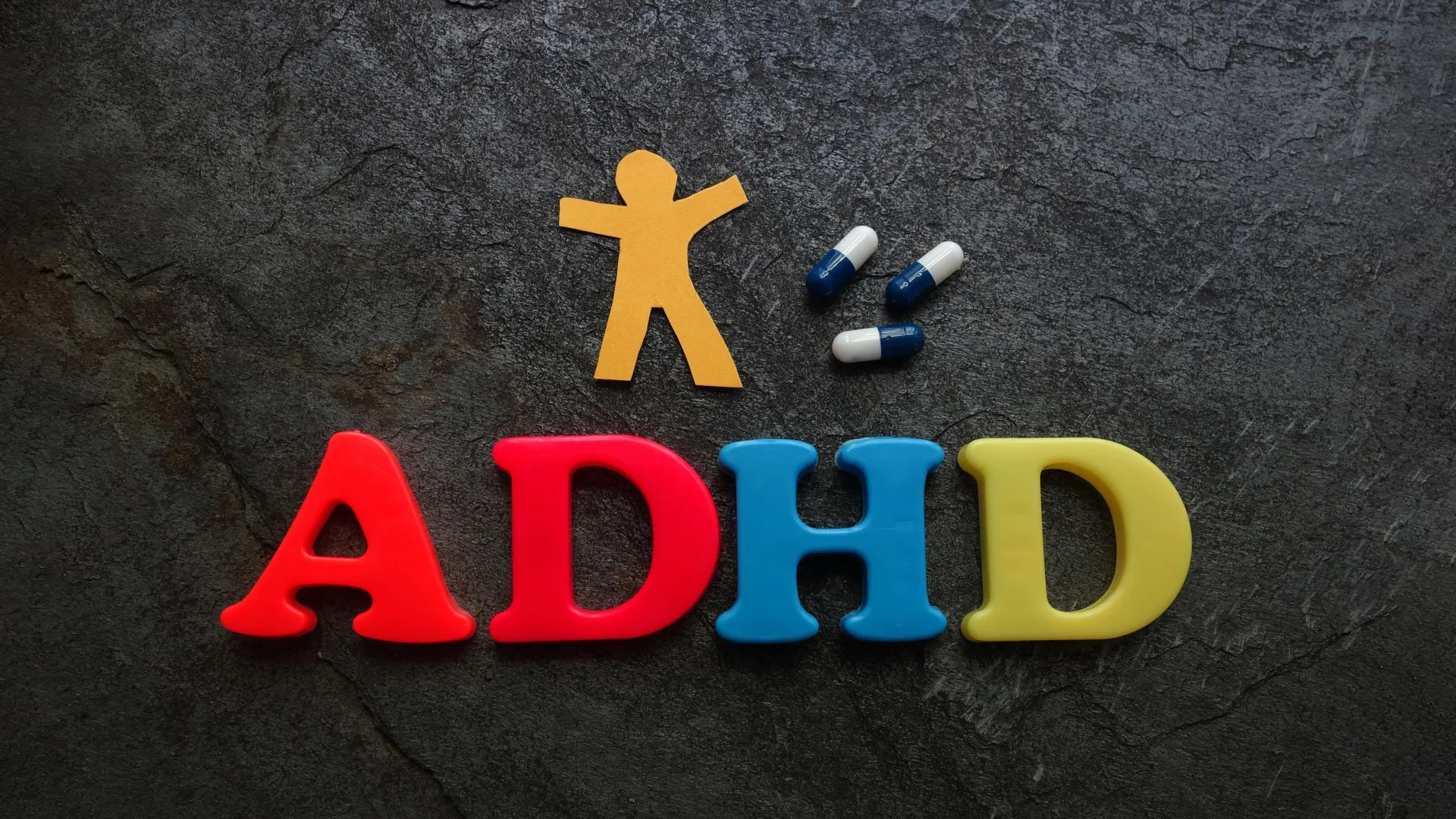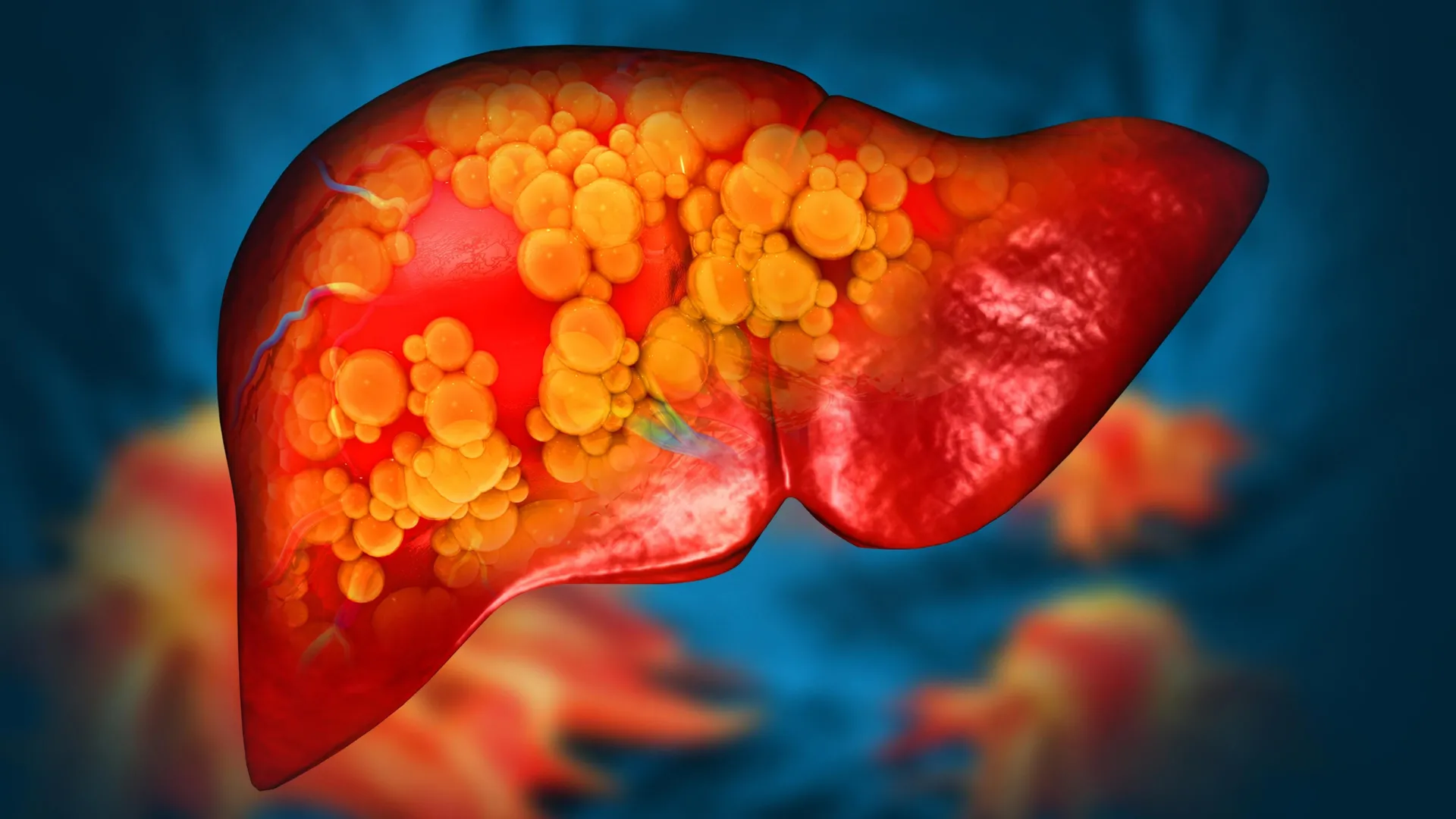Young children with attention deficit/hyperactivity disorder often receive medication just after being diagnosed, which contravenes treatment guidelines endorsed by the American Academy of Pediatrics, a Stanford Medicine-led study has found.
The finding, published on Aug. 29 in JAMA Network…








